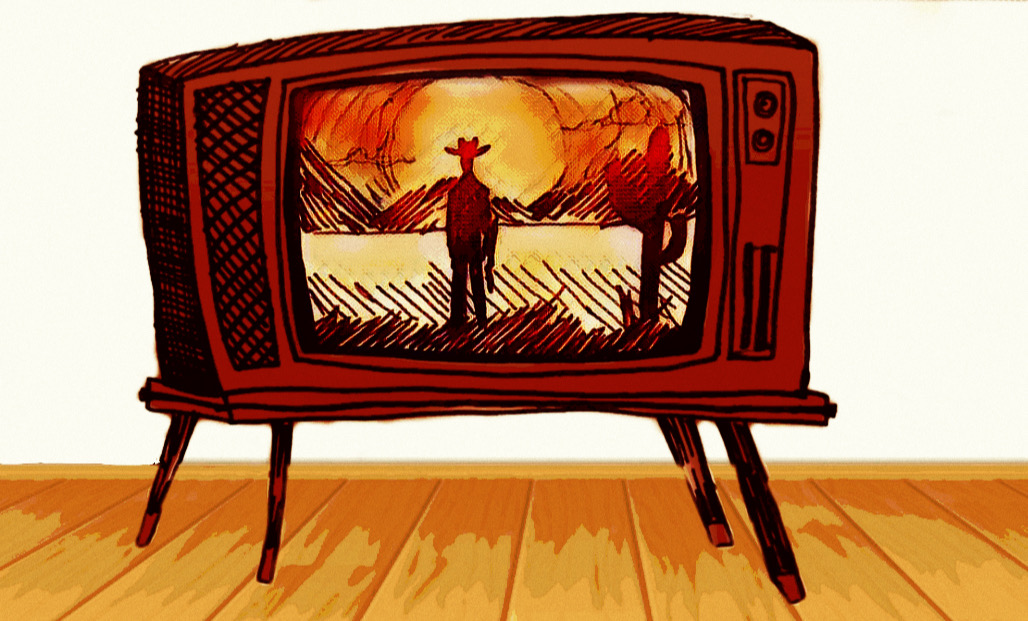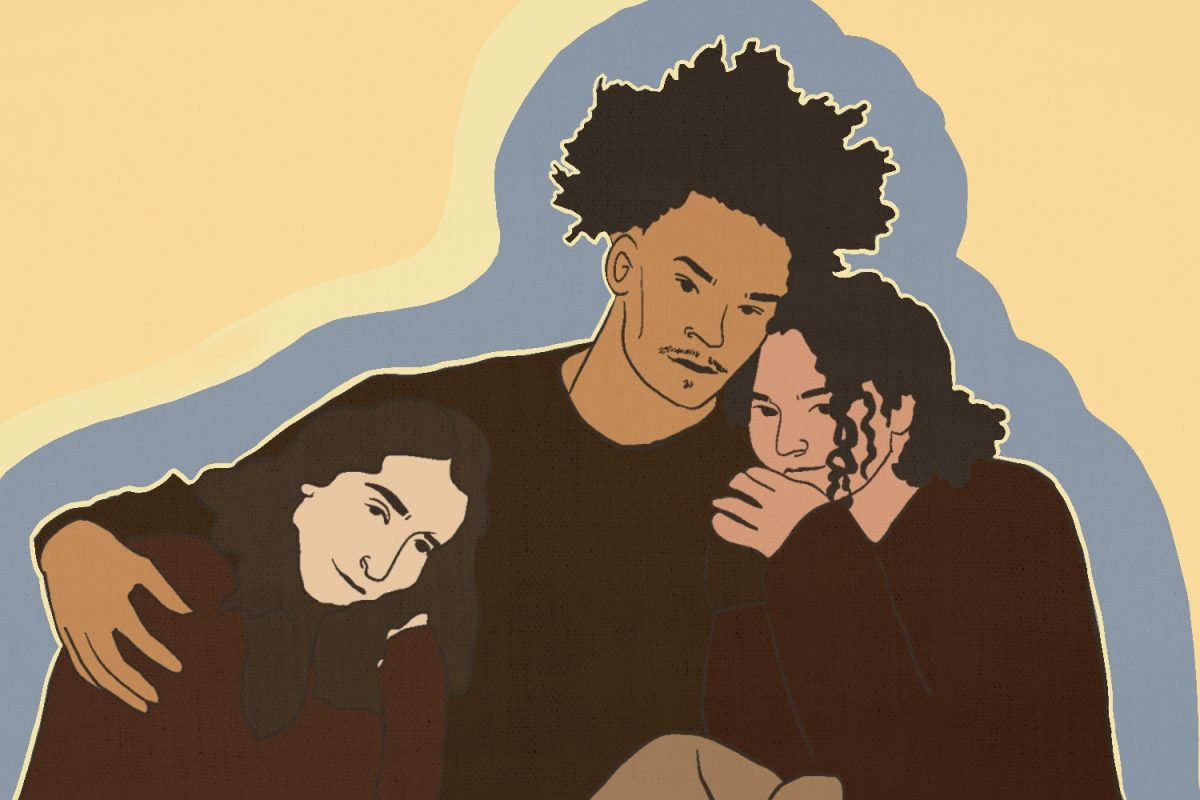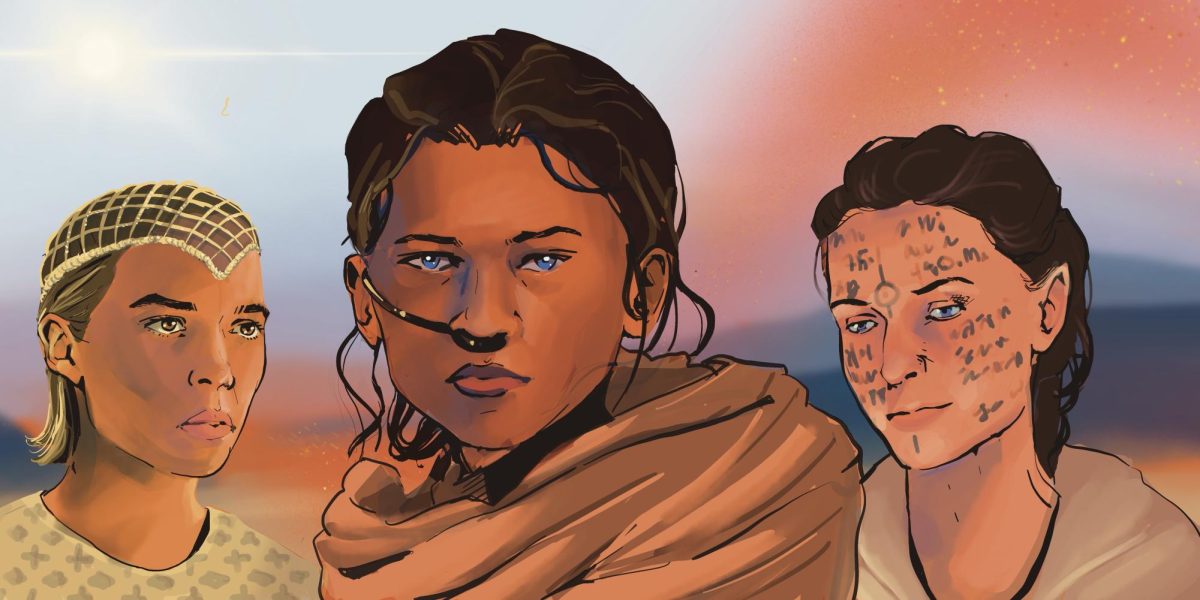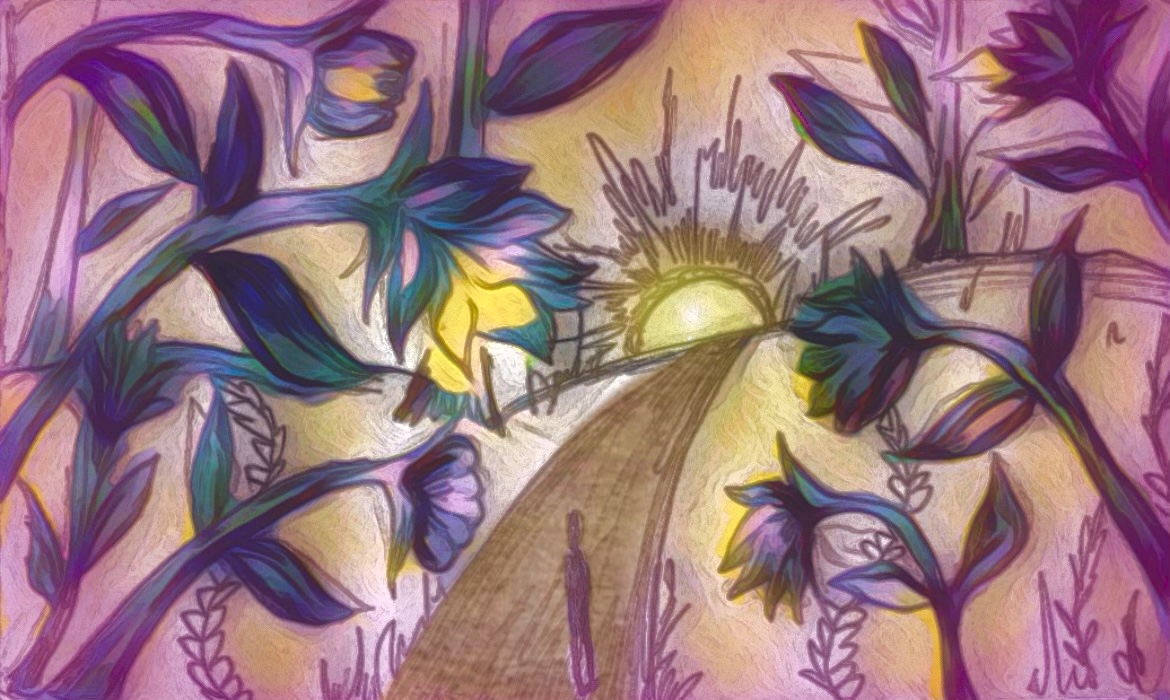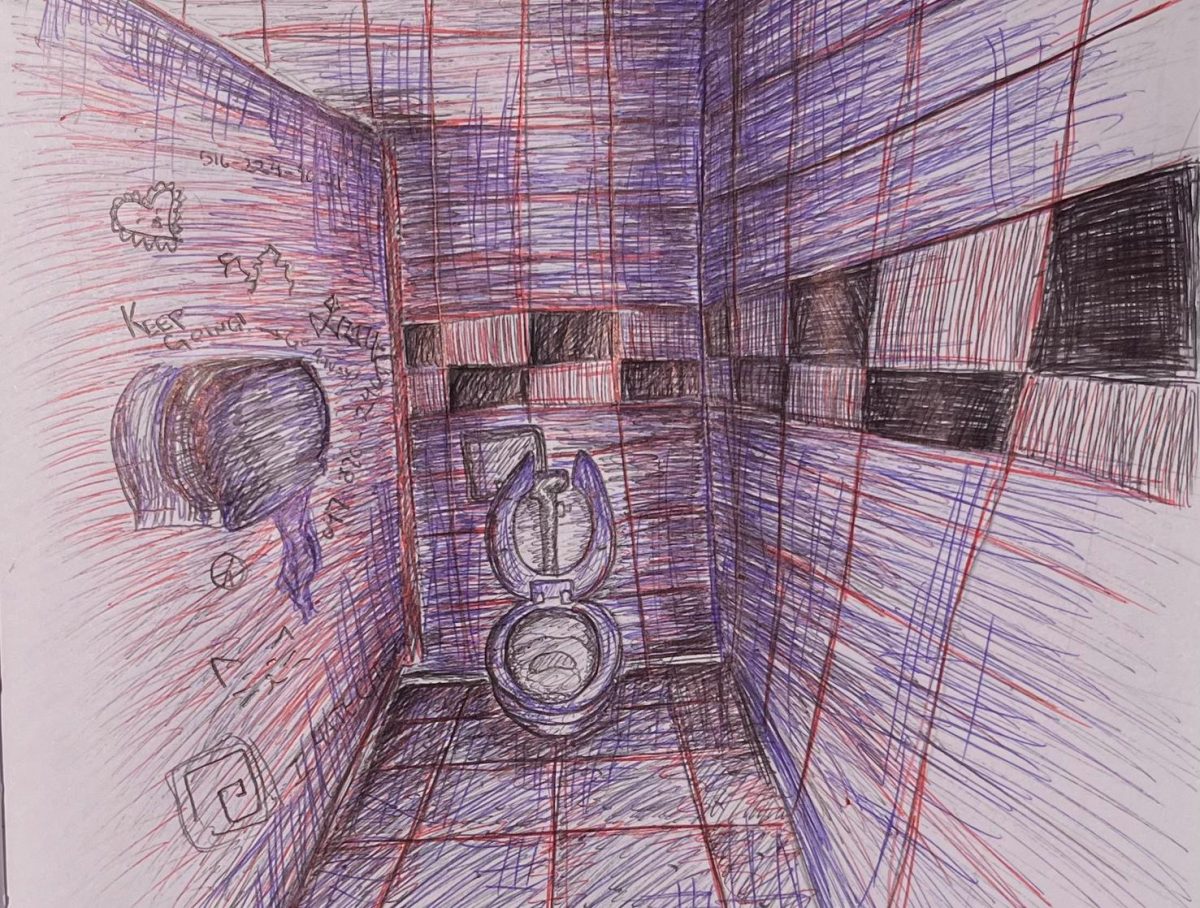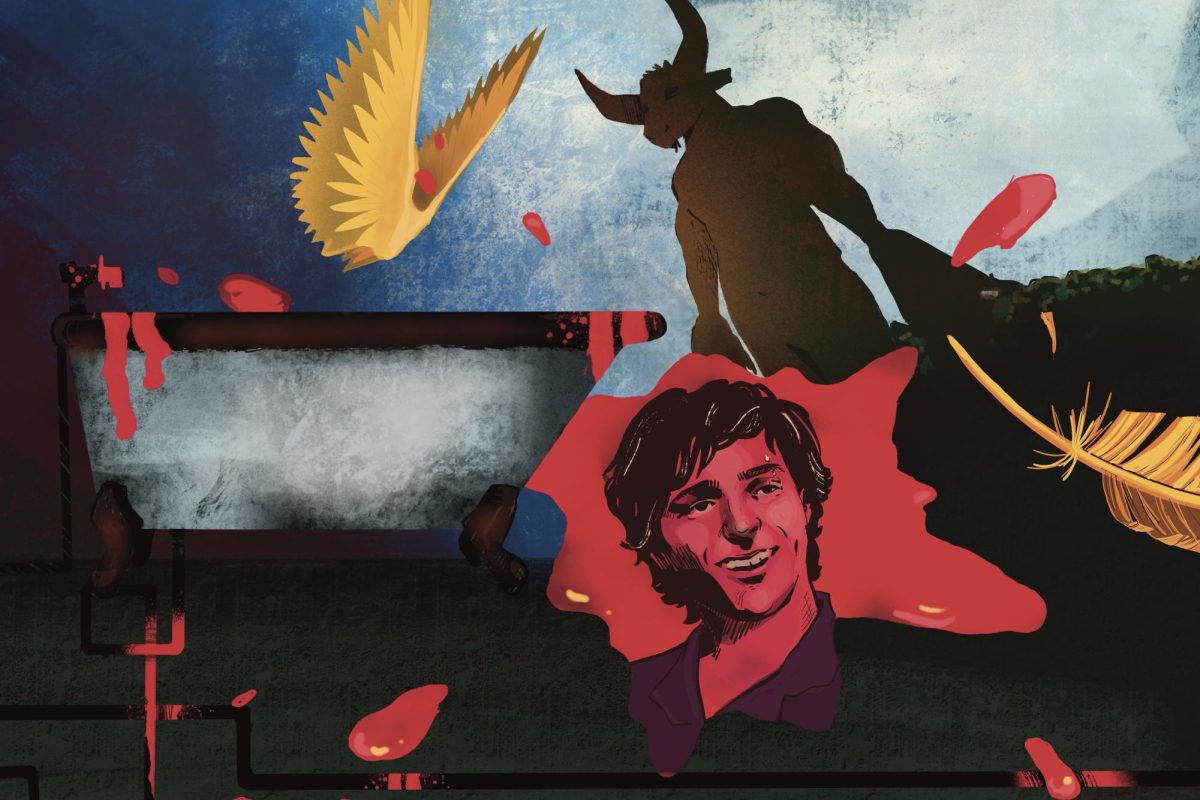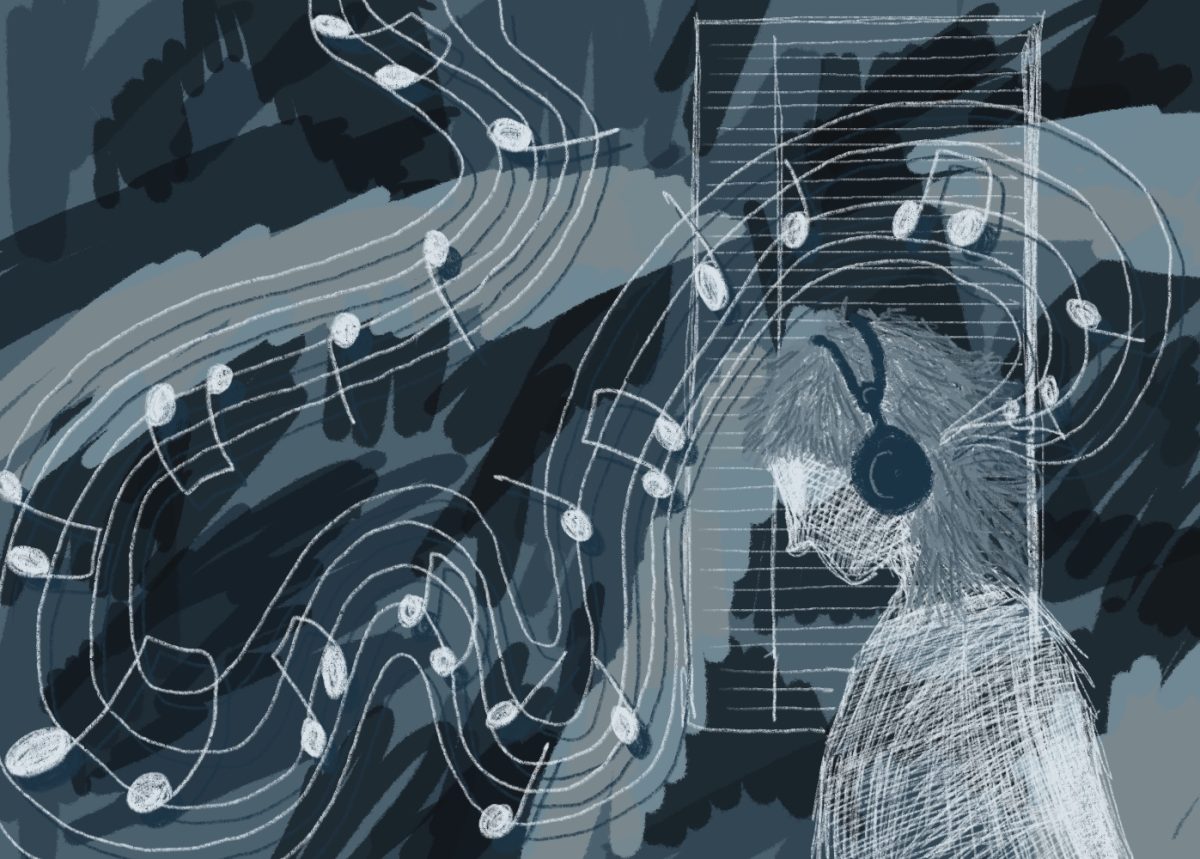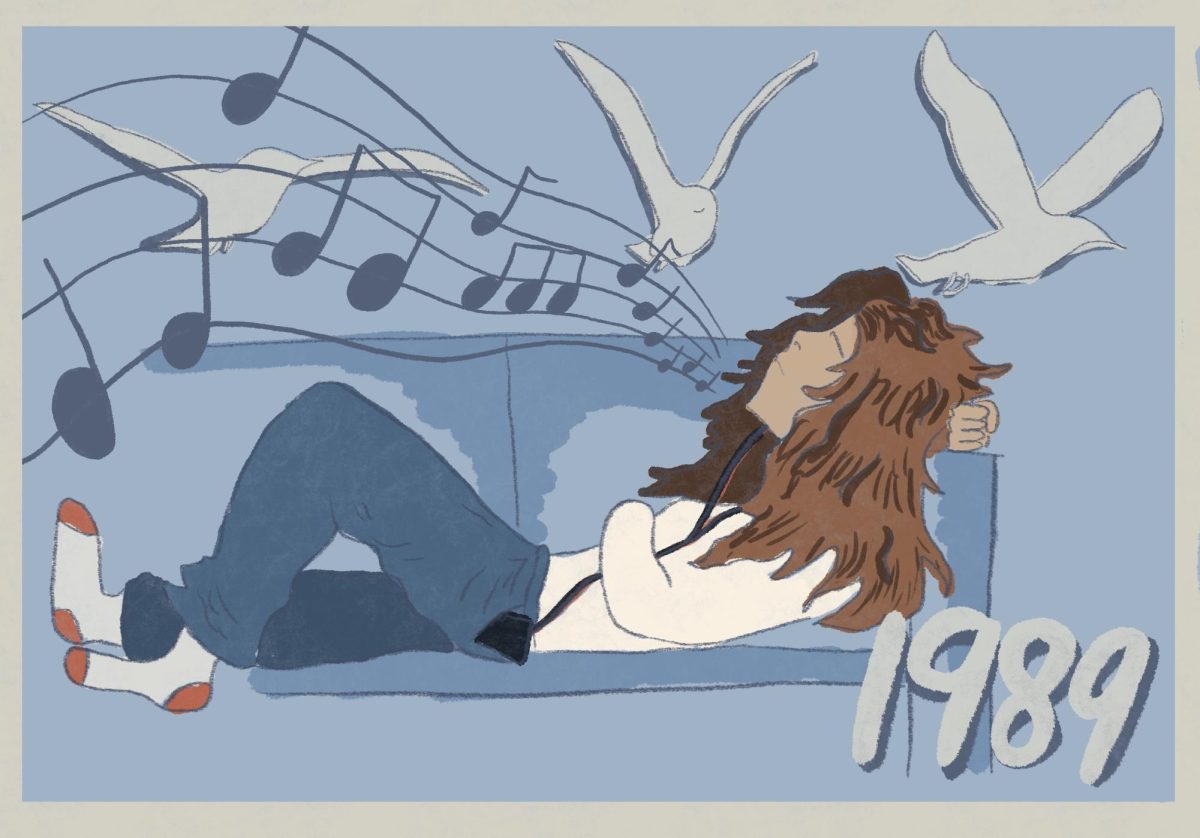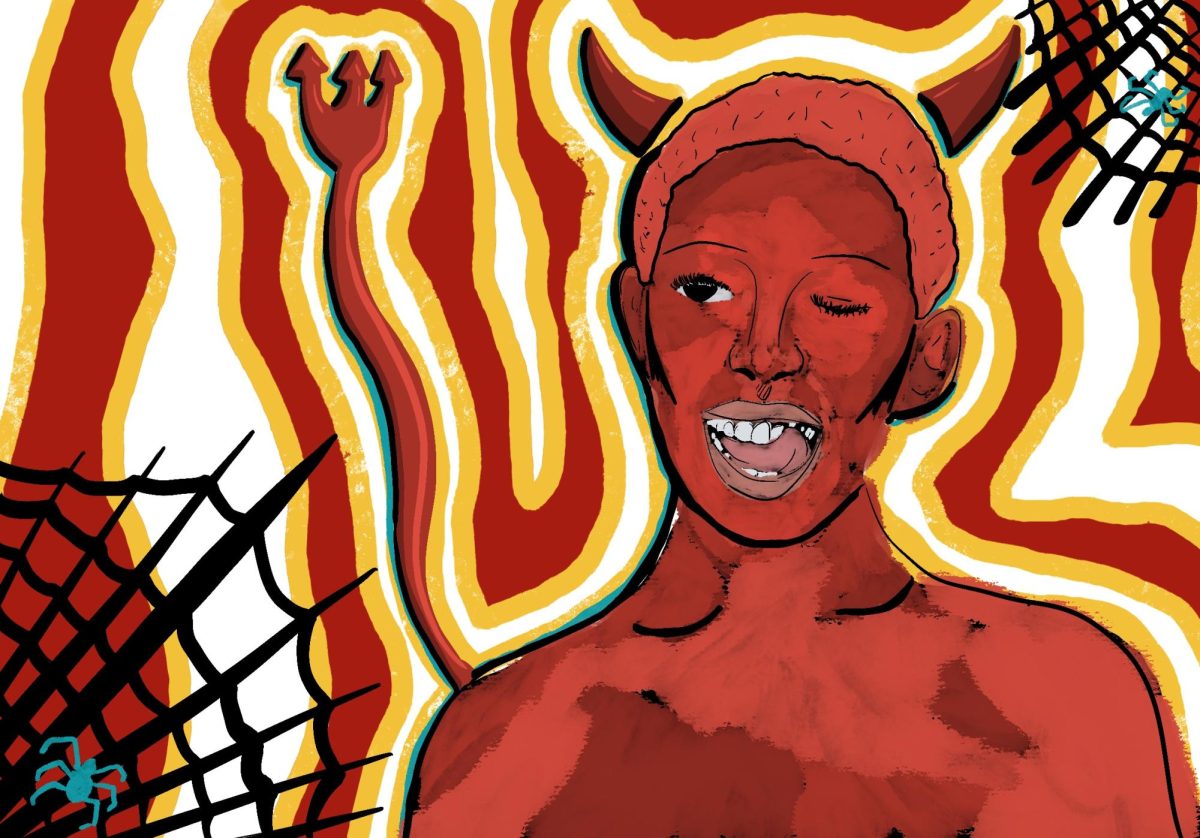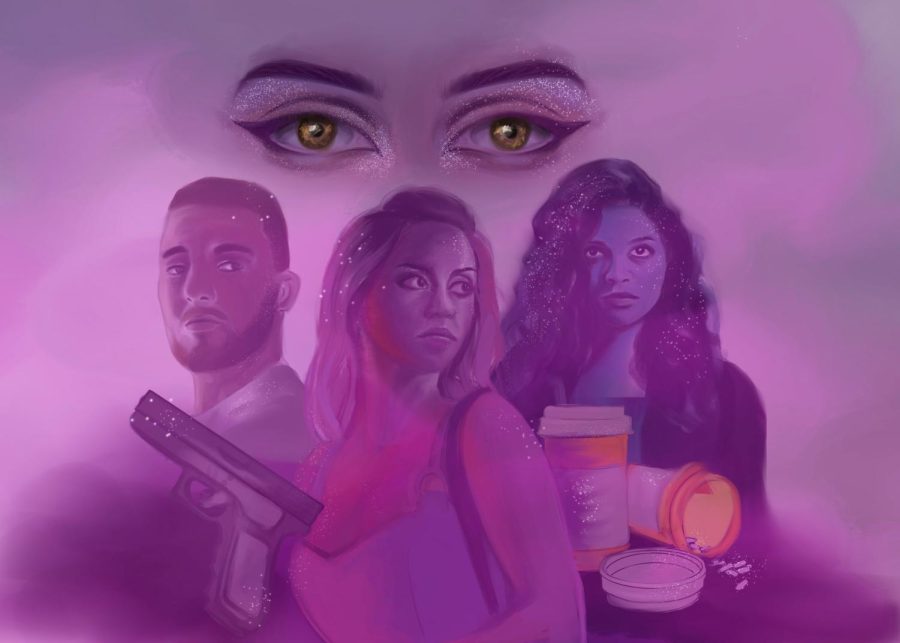“War is hell,” opined General William T. Sherman while speaking to Military Academy graduates in 1879. Judging by their pieces on display at Church Street’s Firehouse Gallery, the artists featured in the gallery’s new exhibit, “Combat Paper,” couldn’t agree more.
The exhibit, running through April 11, includes the work of three Iraq War veterans: Drew Cameron, Eli Wright and Jon Turner. By cutting up and pulping their uniforms, the three men have created provocative works that both attack precepts of war and provide the artists with means to reconcile their wartime experiences. Other veterans working at the Burlington’s Green Door Studio-where Cameron is the director-also contributed to the project.
As you enter, an eerie depiction of six silhouetted soldiers hangs on the opposite wall. Entitled “Breaking Rank,” it evokes the most commonly held perceptions of the soldier – the figures appear unwavering and courageous. One, however, has his head down, helmet off and is in the process of cutting his uniform off his body – a metaphor for dissent.
On the adjacent wall hangs “We Are All Free Now,” a fusion of American and Iraqi symbols. In this piece, Cameron has taken the basic design of the American flag and replaced the stripes with Saddam-era currency and the stars with headshots of the deposed dictator.
A mobile occupies the center-rear of the gallery, fashioned from a complete Battle Dress Uniform. The tattered clothing and worn boots-each caked with pulp from uniforms-conjure an image of disarray and loss.
Turn around to face Church Street, and you’ll be confronted with Eli Wright’s stark abstraction “Open Wound.” At the center is a dark hole, irregularly defined; Red spots burst from it and seep into the surrounding void. The hole draws the eye like a magnet, as if to say that something lies beyond the paper surface.
The exhibit has a profound effect on the viewer, serving as a window into the horrific tragedy of war. Cameron and his fellow artists hope that their work will prompt more reflection on what war has done to the nation.
“It’s so much ingrained in our culture,” Cameron said. “We’ve been at war eight years now-eight years. I think it’s important for us to really contemplate the effects of militarism and the use of violent action as a means of solving problems and contemplate the effectiveness, or costs, involved with that method of interaction.”
Cameron went on to assert that if “we as a humanity are to endure, we have to find a way to eradicate warfare.”











